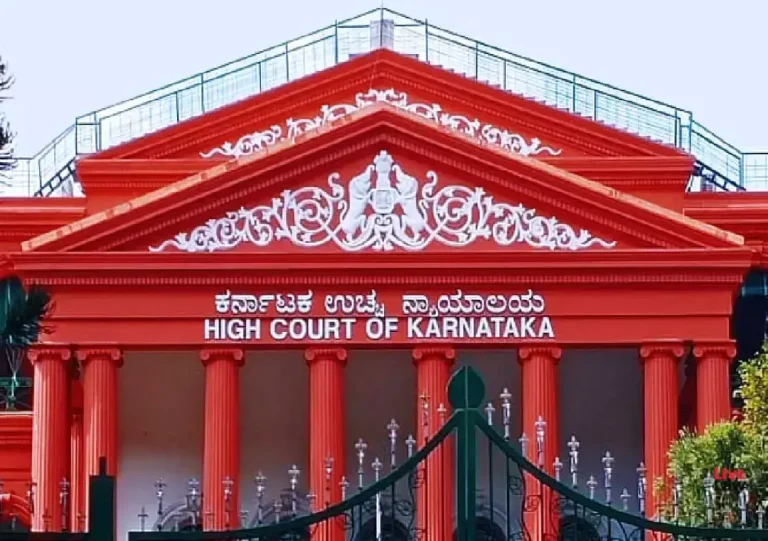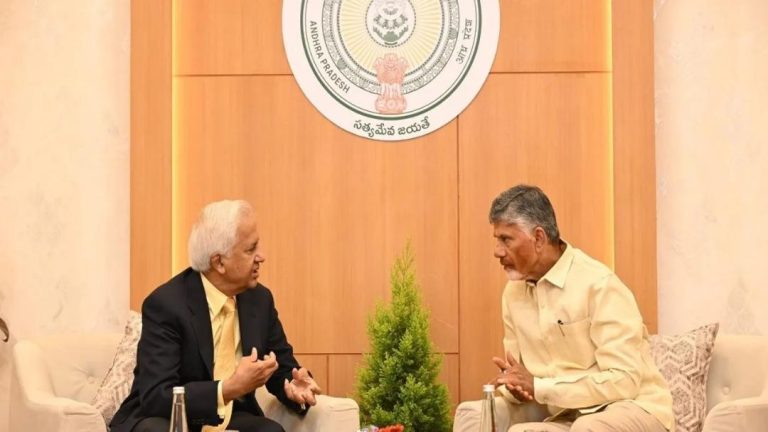
ICAR Loses Crucial Recruitment & Research Data after Hack: Report
The Indian Council of Agricultural Research (ICAR) has suffered a major data breach, resulting in the loss of crucial information including research projects and recruitment details for key roles like Deputy Directors General. According to a report by The Indian Express, the hack occurred in April, impacting the council’s website, Delhi server, and Hyderabad replication server.
The compromised data includes sensitive information such as research projects, recruitment details, and other confidential documents. The severity of the breach is evident from the fact that it has put at risk the intellectual property and research output of the ICAR, which is a premier agricultural research organization in the country.
The ICAR is responsible for promoting agricultural education, research, and extension in India, and its research projects cover a wide range of areas, including crop improvement, animal husbandry, and agricultural economics. The council also provides research and development support to the agricultural sector, and its loss of data could have significant implications for the country’s agricultural growth and development.
The ICAR committee responsible for improving data security is yet to submit its report, indicating that the council is still grappling with the aftermath of the breach. The lack of timely action to address the security breach raises concerns about the council’s preparedness to protect sensitive data.
The data breach is not an isolated incident, and it highlights the need for organizations to prioritize data security and implement robust measures to prevent such breaches. In recent years, several high-profile data breaches have been reported, affecting organizations across various sectors. The most notable examples include the breaches at Equifax, Yahoo, and Facebook, which compromised sensitive information of millions of users.
The ICAR breach is particularly worrying because of the nature of the data that was compromised. Research data, including research projects and recruitment details, is highly sensitive and could be used to gain unauthorized access to the research output of the council. The compromised data could also be used to discredit the research output of the ICAR or to tarnish its reputation.
The ICAR’s data breach is also significant because of the trust that the public places in the council as a premier agricultural research organization. The council’s research output is relied upon by policymakers, farmers, and other stakeholders to make informed decisions about agricultural development. The breach has potentially compromised this trust and could have long-term consequences for the council’s reputation and credibility.
The ICAR’s response to the breach has been slow, and it has yet to provide a comprehensive report on the nature and extent of the breach. The council’s lack of transparency has raised concerns about its ability to protect sensitive data and respond effectively to data breaches.
In conclusion, the ICAR’s data breach is a significant incident that highlights the need for organizations to prioritize data security and implement robust measures to prevent such breaches. The breach has compromised crucial research and recruitment data, and it has potentially compromised the trust that the public places in the council. The ICAR’s response to the breach has been slow, and it is essential that the council provides a comprehensive report on the nature and extent of the breach to restore public trust.






